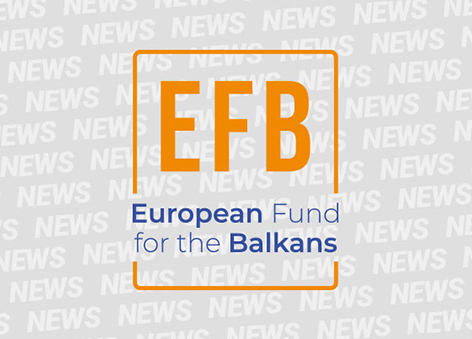
 Thursday, 16 December 2010, 16.30 - 18.30
Thursday, 16 December 2010, 16.30 - 18.30
Balkan Children and Youth Foundation in cooperation with The European Fund for the Balkans and Gallup Balkan Monitor
The initial striking observation made referred to the stark differences in opinions between ethnic Macedonians and ethnic Albanians in Macedonia, on a variety of issues. Asked if the EU is the solution to brining the two communities together, Ms. Flora Kadriu noted that building confidence, between ethnic Macedonians and ethnic Albanians is something that ‘we have to work on by ourselves’.
Ms. Radmila Sekerinska noted that the decline in support for joining the EU, although Macedonia is still not close to accession and some of the most painful reforms have already been implemented is most probably due to the name issue – ‘punishment of EU for its support of Greece’. However, it should be stressed that overall support for EU accession remains high in the country.
The prediction of 2017 as the date of joining the EU was seen as realistic by Prof. Dr. Dimitar Mirchev.
In this regard, Ambassador Ferenc Kekesi noted that the motivation and incentive for accession should also be high from the side of the EU.
On the topic of ‘external enemies’ Dr. Srdjan Kerim commented that he cannot see Greece as an enemy, as it was the greatest supporter of Macedonia, when signing the Stabilization and Association Agreement.
Thus, the overall conclusion was that the potential threats come from within the country itself, in the form of bad policies rather than from the outside in the form of external enemies.






